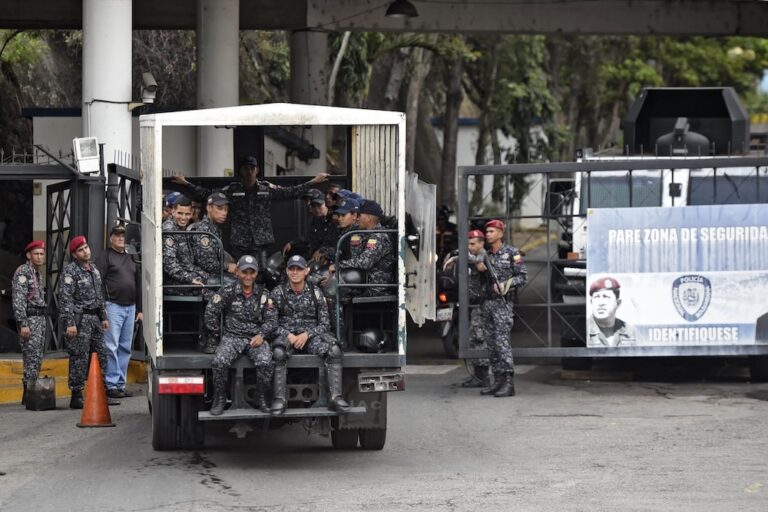The blocking of the online newspaper El Diario de Cuba signals a troubling trend toward increased internet censorship in Venezuela. Freedom House condemns this censorship and calls on the Venezuelan government to adhere to its international commitments to protect press freedom and access to information, including on the internet.
(Freedom House/IFEX) – The blocking of the online newspaper El Diario de Cuba signals a troubling trend toward increased internet censorship in Venezuela. Freedom House condemns this censorship and calls on the Venezuelan government to adhere to its international commitments to protect press freedom and access to information, including on the internet.
Beginning January 14th, a high number of internet users of state-owned and private telecommunication company CANTV were denied access to El Diario de Cuba‘s site. The blocking followed the website’s publication of a number of stories on President Chavez’s health. Only a few days before the access issues, El Diario de Cuba‘s website visitor access reached a peak of 68,000 visits from Venezuela. By Monday, the number had fallen sharply indicating an access problem.
“Blocking access to internet sites threatens the fundamental right of access to information in a country where press freedom and freedom of expression are already constrained,” said Viviana Giacaman, director for Latin America Programs at Freedom House. “We urge the telecommunication companies to correct this issue and allow unrestricted and immediate access to Diario de Cuba by their users.”
The state-owned telecommunication company CANTV, which accounts for 80% of internet users, has failed to provide an explanation for the problems regarding access to Diario de Cuba website. Many experts and organizations have called on the telecommunications authorities to lift the ban since the decision was made without any administrative or judicial proceeding.
Venezuela is ranked Partly Free in the Freedom in the World 2013, Freedom House’s survey of political rights and civil liberties, Partly Free in the Freedom of the Net 2012, and Not Free in Freedom of the Press 2012.


